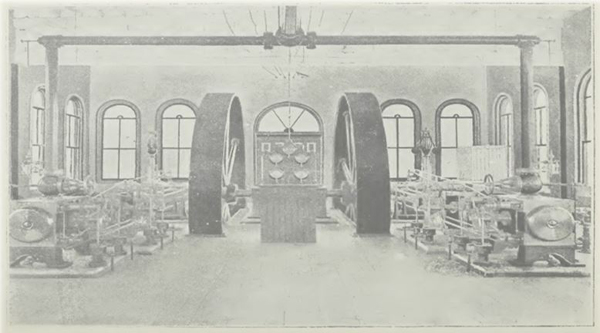PIPSC: JCC\WFCC 2018 AGM
MAY 30, 2018 @ the Powerhouse

LOCATION: 21 Jones St, Stoney Creek, ON L8G 3H9 | TIME: 6:30pm-9:00pm
RSVP with Ben or Alexis; $10 returnable deposit by May 25th, 2018
PIPSC: JCC\WFCC 2018 AGM
MAY 30, 2018 @ the Powerhouse

LOCATION: 21 Jones St, Stoney Creek, ON L8G 3H9 | TIME: 6:30pm-9:00pm
RSVP with Ben or Alexis; $10 returnable deposit by May 25th, 2018
Wednesday May 16th, 2018 at 1730 hrs
Open to all PIPSC Members
Travelodge Hotel (La Salle) at 2360 Princess Street, Kingston Hall from main lobby entrance
Meeting begins at 5:30 Sharp!
Dear NRC RO/RCO members:
On March 29, 2018, your bargaining team reached a tentative agreement with NRC management for the NRC RO/RCO group. The Bargaining Team would like to offer sincere thanks to all our members for their support and demonstrations of solidarity during the bargaining period. Your support was invaluable in making this agreement possible.
Economic Increases
Wednesday, May 9 2018 at 5:30 pm
At « LaScène Lebourgneuf »
815 Blvd Lebourgneuf, Québec, Qc G2J 0C1
Tél. : 418-624-3030
As per By-Law 6.1.7.1
All resolutions for the CS AGM are to be received in writing to the Group Secretary (Stacy McLaren) smclaren@pipsc.ca no later than April 27, 2018 – 5:00 pm Ottawa Time.
If you have any questions, please contact:
Lucille Shears, Membership Officer at shearsl@pipsc.ca
Coffee Club 2018 Edmonton CS Sub-Group
Date:
Wednesday, April 18, 2018
Time:
10:00am - 10:30am.
Location 1: Canada Place Food Court – “Great Canadian Soup Company”
Take the escalator to the lower level of Canada Place; seating has been arranged in the restaurant.
Location 2: IT Boardroom – Vegreville
Location 3: 3 CDSG Sigs. Sqn. Building 192 Lunchroom
Our last update was January 22, 2018 and we had stated that we will keep you informed of further developments. Unfortunately, there have been no developments for the last 3 months, until today.
Dear Members,
Last week I had the opportunity to meet with the National Capital Region Liberal Caucus. I was grateful for the warm reception I received and know that many of the Members of Parliament rearranged their schedules to be able to attend. I used this opportunity to raise PIPSC’s continued concerns with the disastrous Phoenix pay system.
As many are aware, Budget 2018 pledged $16 million to explore the building of a new pay system to replace Phoenix. This was good news and offers a glimmer of hope in an otherwise terrible two years. My concern now is about recent reports that the system could take 6 years to build. I shared with the MPs that 6 years was much too long to wait and meant 8 years of pain under the current flawed system. I reiterated that we don’t have the luxury of time when it comes to Phoenix, as public service employees are suffering.
I encouraged them to pressure their government to act quickly and to explore all possible solutions. I pointed them to a potential alternative at the Canada Revenue Agency that our own AFS group is pushing to be explored. Let’s make sure we are looking to our own homegrown solutions and our own IT community. Let’s also make sure we work as quickly as we can to ensure our members are paid correctly on time – all the time.
Better Together!
Debi Daviau
President